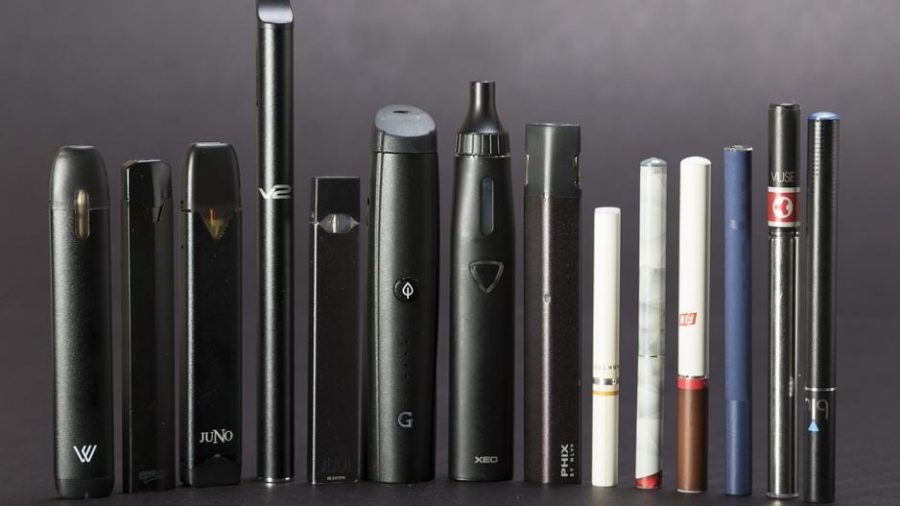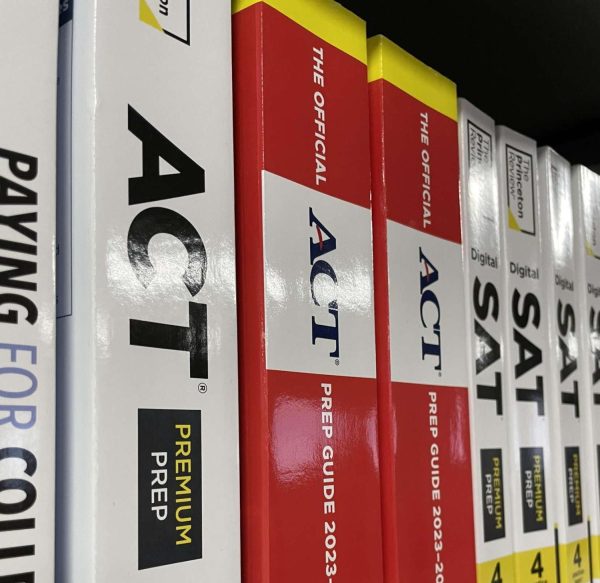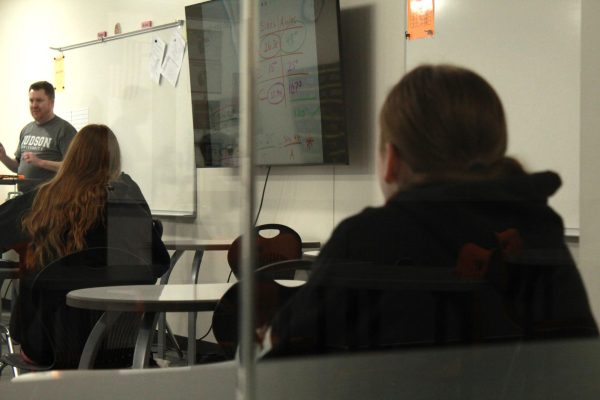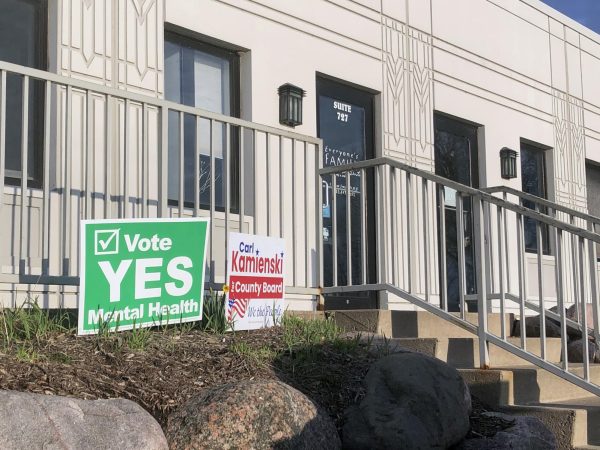Resisting the ache to vape
MCHS Addresses Teen Vaping Crisis
Like many schools across the nation, MCHS is experiencing a vaping epidemic. While the student body has long been aware of the trend, faculty awareness was more limited, allowing a number of students to get away with vaping while in school.
According to an article in Cardiovascular Business, “U.S. Surgeon General Jerome Adams, MD, issued a rare national advisory Dec. 18 deeming youth e-cigarette use an ‘epidemic’ in the country.”
“I do not use that word lightly,” Adams said at a press conference. “Now is the time to take action. We need to protect our young people from all tobacco products, including e-cigarettes.”
At a recent faculty meeting on Feb. 25, West Campus Principal Marsha Potthoff said that many students are under the false belief that vaping is not harmful. However, recent research has proven otherwise.
According to ReachMD.com, popcorn lung is one of the main side effects of vaping, which is actually called bronchiolitis obliterans (BO). It is caused by inhaling chemicals that scar the lungs and prevent them from working properly and reduce their capacity and efficiency. The symptoms of BO include a dry cough, shortness of breath, wheezing, and tiredness, all of which are irreversible.
Though not all of the side effects of vaping are known due to its newer nature, there are some that are evident.
Kyle Just, a health teacher at West Campus, said that “Long term we’re not exactly sure what’s going to happen, but most of these vapes that kids are using contain nicotine and nicotine is harmful to brain development during the teenage years.”
No one truly knows what vaping can do to a developing brain. Only time and further research will tell.
While this may not stop students from getting their “nic fix”, students who need their “fix” in school, should be careful. MCHS is cracking down on students.
In addition to the health consequences, students will also face consequences at school if they are caught possessing or using a vape. An in-school suspension (ISS) and a $125 ticket are given when a student is caught for the first time.
But West Campus Dean Paul Dyer said, “…it’s not about the consequences, it’s about learning from your mistakes.”
While people would think the punishments would stop students from vaping on school grounds, many still continue to do it. This year, the number of students caught with vapes has increased from the previous year.
“There were 17 students who were caught with vapes last year,” stated Potthoff. “[This year], we had 36 in our first semester. If this keeps up, we’ll be at 70 by the end of the year.”
With this data in mind, the administration is doing their best to prevent vaping and help students who want to stop. To offer further support for students and staff, the district has partnered with Rosecrance, a not-for-profit behavioral health organization that provides services for addiction, treatment, counseling, and recovery for addiction.
In addition, District 156, in cooperation with local middle schools, plans to host a community meeting to educate parents and community members about vaping. Representatives from the McHenry Police Department, Rosecrance, and Northwestern Medicine will be presenting on the topic and available for questions. The meeting will take place on March 14 at 6 p.m. McHenry West Campus.















Adam • Apr 5, 2019 at 8:43 am
This was a great article that was very informative about vaping.